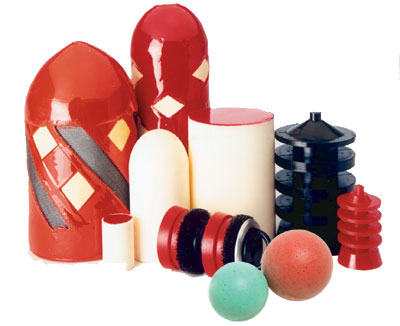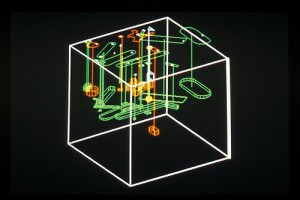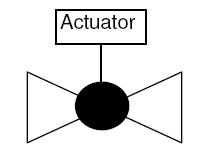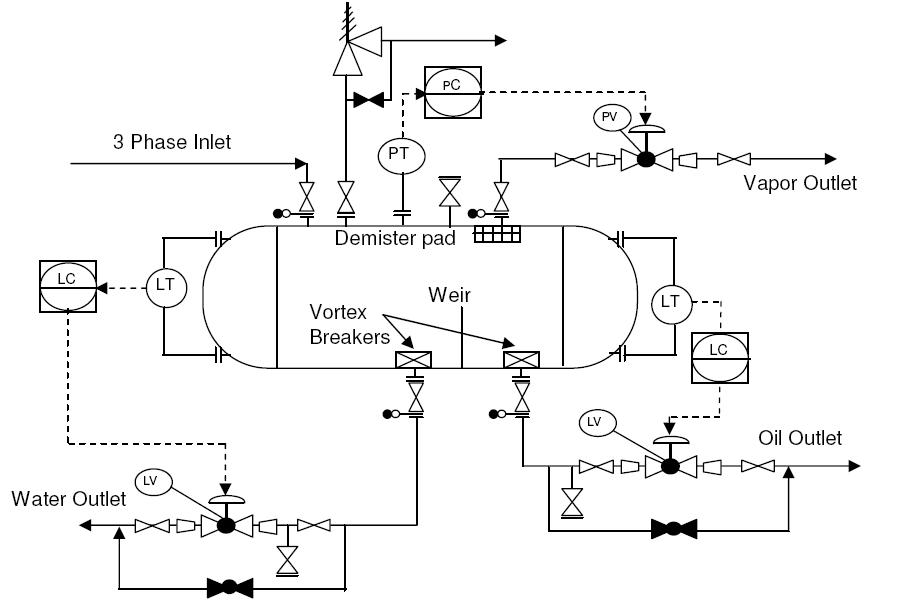For a single component gas without any impurities, the condensation occurs at constant temperature for a given pressure value. This temperature is known as dew point of that gas and it depends only on the pressure. A pure gaseous component, can be completely condensed at a single temperature and pressure point.
But for a multicomponent gaseous mixture, there is no single dew point to condense the complete mixture. The condensation for such mixtures occurs over a range of temperature which depends on the components involved, pressure of the system and also the affinity they have for each other. For such mixtures, the initial dew point at a given pressure is defined as the temperature value when the first drop of liquid is formed from the gaseous mixture. This initial dew point for a given system is a function of pressure and composition of the mixture.
For close condensing gases (the dew points of pure components are close to each other) significant amount of all the components may be present in the first liquid drop formed at initial dew point.
For mixture where dew points of pure components are quite different from each other, heavier component (one with higher dew point) can be easily condensed off without having significant amounts of lighter component (with lower dew point) in the vapor phase. These mixtures are easy to separate using condensation of one component.




